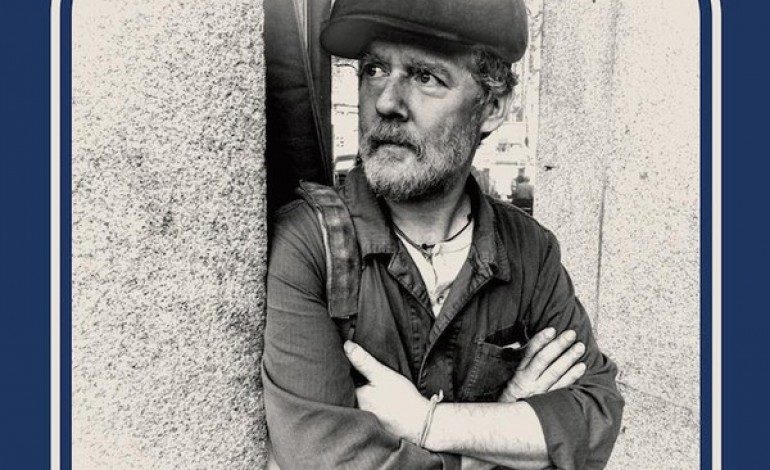

Hansard has little to say on new LP
If Between Two Shores signifies anything consequential in the artistic world, it is that the monopoly that smooth jazz has held over elevator and department store soundtracks the world over may be expiring, to be replaced by texturally distinct but similarly anodyne quasi-folk which shall henceforth be referred to as “smooth folk™.”
This is an unfortunate and unexpected development, as the comfort and inoffensiveness this new label entails seem anathema to both the concept of folk music and Hansard himself, who cut his teeth busking in the streets of Dublin as a teenager and, many successes later, remains a raw and vital performer.
But vital this album is not. Built from newly recorded vocals over previously neglected music recorded in 2013, Between Two Shores suggests that such a lapse between major acts of creation serves only to drain a work of any potential focus and vision it may once have had and consign it to the strange, stagnant realm of neither good nor bad — the realm of passable art, one that artists should dread.
And so, we do have certain things to enjoy here. Opener “Roll On Slow” rides a cool swampy groove and features nice touches of brass, employed as effectively later on “Lucky Man.” The sparseness of “Movin’ On” allows Hansard to use his voice, his greatest musical attribute, to adjust the dynamics of the song as his feeling dictates, which makes for engaging listening from start to finish. Everything sounds nice – Hansard was not wrong to regard the band’s work as worth revisiting. But he operates throughout with a self-satisfaction that delves on pomposity, and faux-earnest singer-songwriter schlock isn’t any more convincing in a brogue.
The generally insipid songs here could be orphans of any musical era, so indistinct are their words and ideas. Even the semi-topical “Wheels On Fire,” which proceeds with palpable and admirable aggression, collapses under the vagueness of its themes – “I don’t see you lift a hand / To help out one of your fellow man;” “You’re talking, talking / But you’re not really saying anything;” and, audaciously, “We will overcome.”
Elsewhere, Hansard mostly documents romantic situations, but they even more easily devolve into generality. He does not concern himself greatly with the inner lives of his female subjects, rendering them cogs in the machinations of his classicist heartache tales rather than beings with complexities that match or exceed his own (the latter likelier based on the image of himself he offers on this album). It collectively inspired this writer to fantasize about a future duet in which Hansard sings a typical Hansard song and a female accompanist repeatedly objects to being so insistently referred to as “babe,” “honey,” “darling,” “girl” and the like. With any luck, the powers that be will make this happen. It would be a sensation.
As if all of this weren’t enough, the album ends with “Time Will Be the Healer,” an overwrought regurgitation of the banal advice we were all given when our first dog died in middle school and which we too thoughtlessly peddle to our friends when their dogs die or when they go through breakups or experience any of the ubiquitous and minor tragedies that define life on earth. It feels like being laughed at, cheapened. But it is a moving vocal performance.
This is Between Two Shores in a nutshell.
